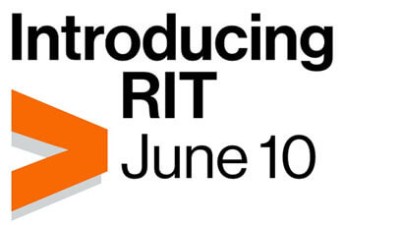
M Ann Howard
Professor
M Ann Howard
Professor
Education
BS, Cornell University; JD, Rutgers University School of Law
Bio
B.S. Human Ecology, Cornell University
J.D. Rutgers University School of Law
Research Interest: relationship between environmental decision-making and the role of citizen involvement, especially on the local level; sustainable community development, community revitalization and citizen governance; university/community partnerships and community-based learning in higher education
Courses: Science, Technology and Values; Foundations of Public Policy, Introduction to Environmental Studies, Environmental Policy, Environmental Conflict Resolution, Risk and Environmental Decision-Making, Great Lakes I and II, Sustainable Communities; Values and Public Policy; Science, Technology, and Policy Seminar: Legal Perspectives
Select Scholarship
Currently Teaching
In the News
-
August 31, 2022
Howard a guest speaker for UR Urban Fellows program
-
April 26, 2019
Team presents work at conference








